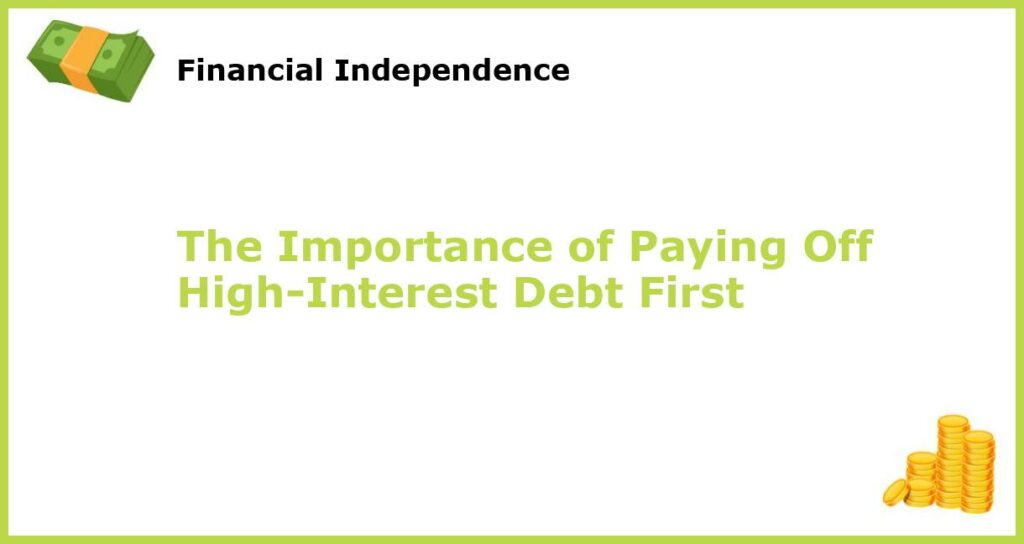Dealing with high-interest debt can be a total nightmare, but it’s not exactly surprising that some people fall into this trap. High-interest debt typically has an interest rate that is greater than the average rate, and it’s not uncommon to come across these rates in credit cards, personal loans, and payday loans. The challenge with high-interest debt is not only falling into it but also getting out of it. Unfortunately, the longer you stay in high-interest debt, the worse your financial situation becomes. In this article, we’ll go over the importance of paying off high-interest debt first and what you need to know to get started.
What is High-Interest Debt?
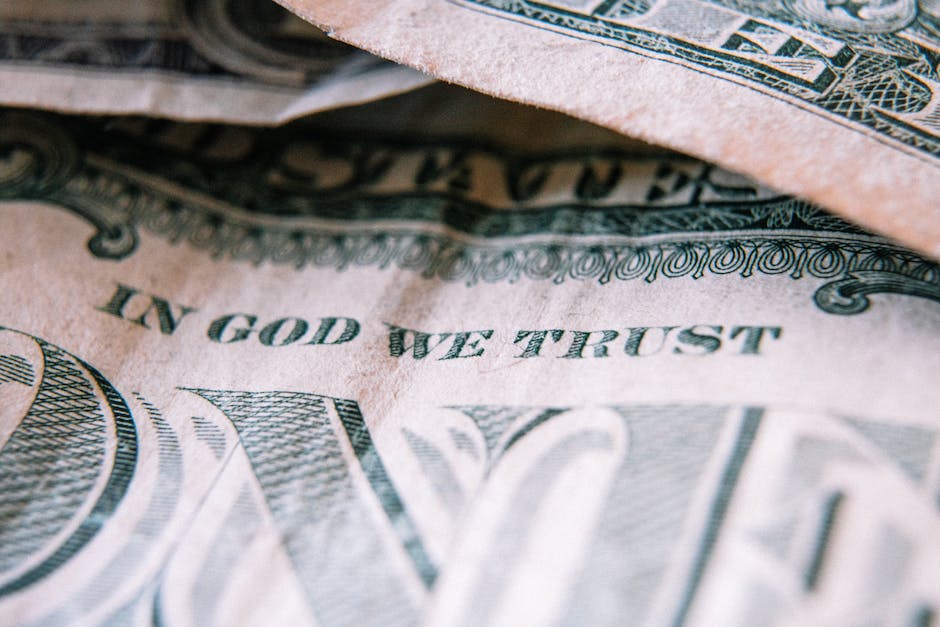
High-interest debt is a type of debt that comes with an interest rate that is higher than the average rate. This type of debt refers to loans and credit cards, among other options, with an interest rate that is so high that it makes them very hard to pay back on time. So, people end up paying the interest costs rather than paying off the original sum borrowed. High-interest loans have been known to have a massive impact on people’s finances, making borrowing expensive and trapping people in the cycle of debt.
Why is it Important to Pay Off High-Interest Debt First?
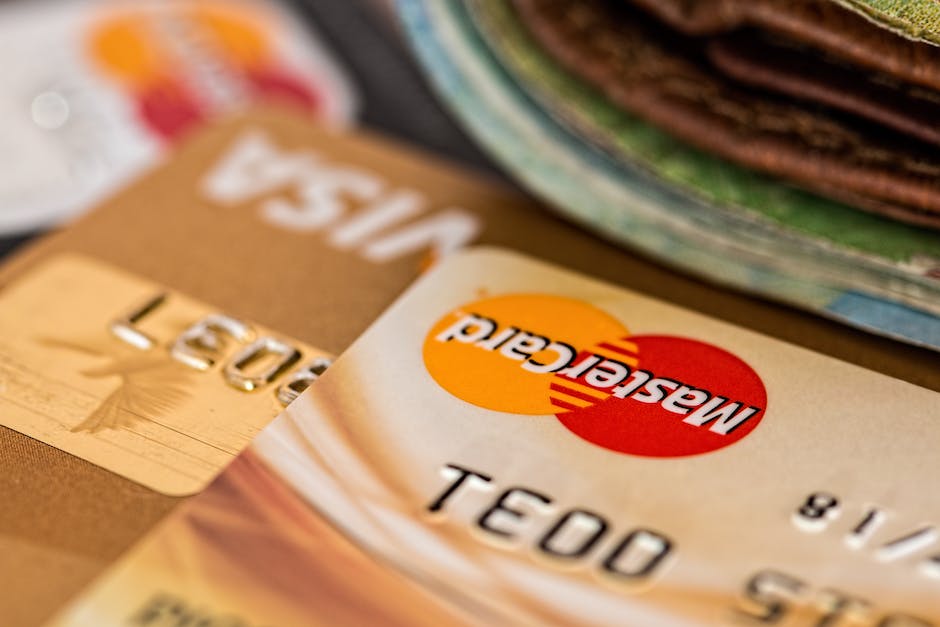
Paying off high-interest debt can be a challenge, especially when finances are stretched thin. However, when you prioritize paying off high-interest debt first, it ultimately saves you a lot of money in the long run. When you have a high-interest rate, the amount of interest you pay can really add up over time. By paying off this debt first or making extra payments, you can avoid paying unnecessary interest charges, which will save you money and free up more money for other obligations.
What are the Benefits of Paying Off High-Interest Debt First?

The benefits of paying off high-interest debt are many, including an improvement in your credit score. By paying off your debts, you can reduce your credit utilization rate and lower your debt-to-income ratio. Both factors can impact your credit score significantly. Additionally, you get to enjoy emotional relief due to the elimination of debt. This can positively impact many other areas of your life.
How Can You Pay Off High-Interest Debt?
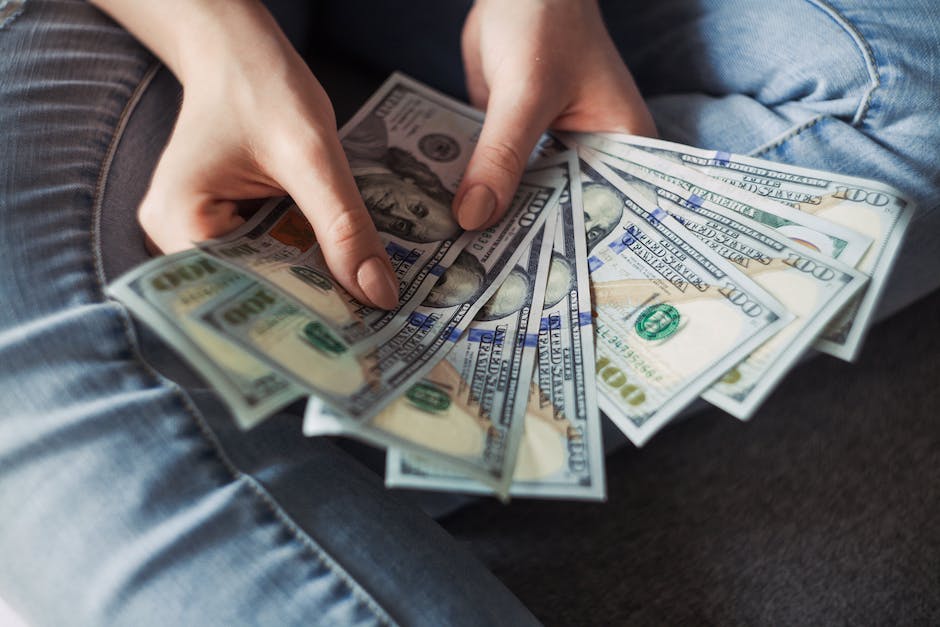
Several strategies can help you pay off high-interest debt. One of the effective methods is the debt snowball method, where you focus on paying off your smallest debts first while making minimum payments on your larger debts, getting small wins early on to gain momentum to tackle bigger debts. Another method is the debt avalanche approach, where you focus on paying off debts with the highest interest rates. That way, you minimize the overall borrowing costs generated by interest.
What are the Best Ways to Avoid High-Interest Debt?
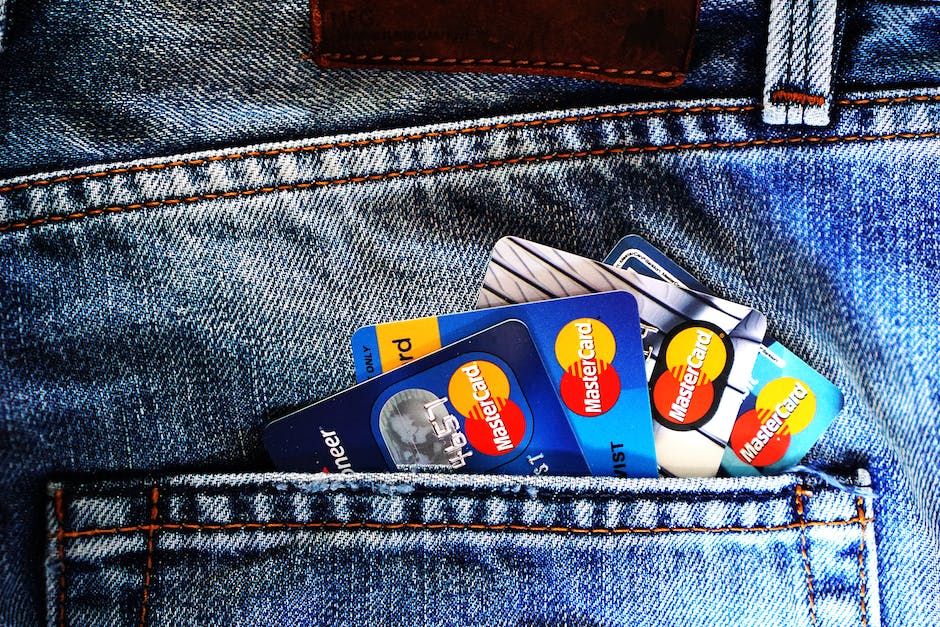
The best ways to avoid high-interest debt include making a budget and sticking to it. Without a realistic budget, it can be challenging to keep your spending in check, which can quickly get you into high-interest debt. Budgeting is about providing a structure to your spending, keeping your expenses within your income limits. It’s also a good idea to have an emergency fund in place to help cover unexpected expenses so that you don’t have to rely on credit cards or other types of high-interest debt.
What are the Risks of Not Paying Off High-Interest Debt?
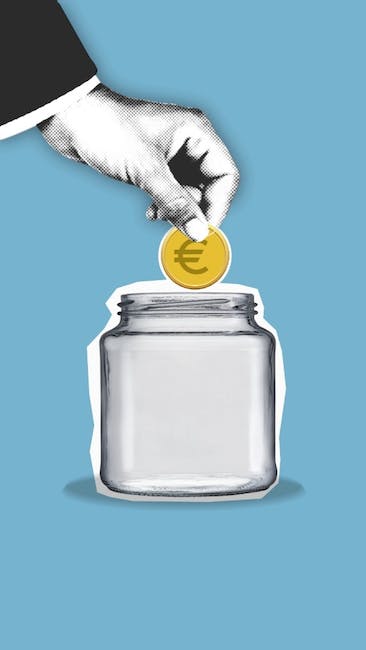
The risks of not paying off high-interest debt include, but are not limited to, a lower credit score, higher interest charges, and potentially even bankruptcy. Not paying off your debt can also make it harder to achieve your financial goals, like saving for retirement or buying a home. Defaulting on your loan can have long-term consequences and cause even more monetary constraints.
Can You Negotiate Your High-Interest Debt?

It’s entirely possible to negotiate your high-interest debt with your creditors, but it can be challenging. If you’re having trouble making payments, your creditors want to know as soon as possible so they can possibly work with you to make a more manageable payment plan. They may be willing to lower your interest rate or work with you to create a more feasible plan.
What Should You Do Once You’ve Paid Off Your High-Interest Debt?

Once you’ve paid off your high-interest debt, continue managing your finances wisely. This means creating a budget, sticking to it, and avoiding overspending. Additionally, start saving for the future, whether it means building an emergency fund or investing for retirement. Make sure that you don’t fall into the same trap again.
How Can You Stay Motivated While Paying Off High-Interest Debt?
Staying motivated while paying off high-interest debt can be challenging, but several things will help you keep yourself on track. One is to track your progress and celebrate your successes along the way. It’s necessary to feel a sense of accomplishment to keep going. Another way to keep going is to focus on your goals and remind yourself of why you’re working so hard to pay off your debt in the first place.”
Conclusion
Not everyone is good at managing their finances, and some end up accumulating high-interest debt. These debt traps can be a burden, trapping one in a cycle that is challenging to escape. However, paying off high-interest debt can be incredibly liberating and provide a sense of accomplishment. Making a plan, prioritizing high-interest debt, understanding financial risks, and saving for the future may be overwhelming, but it’s a crucial step towards improving overall financial health.

